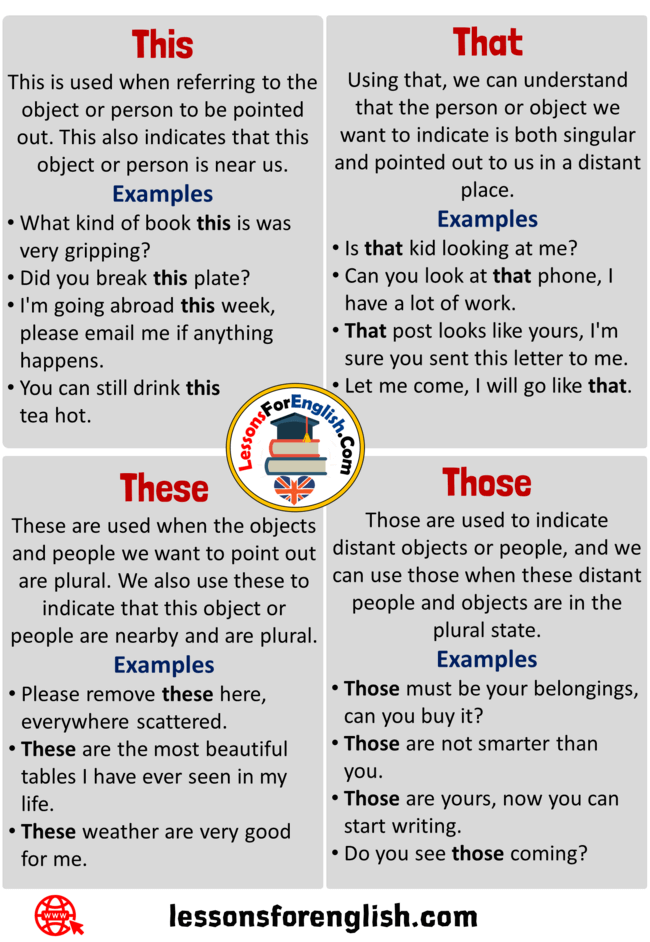Apostrophes Rules and Examples in English

Table of Contents
What Are Apostrophes?
The apostrophe is a punctuation mark that can be used in many areas. Its meaning changes depending on where it is used. We will tell you about apostrophes with examples.
Apostrophe Used To Shorten The Not Negativity Suffix
We normally use annotations to indicate that something is negative. However, if we do not want to write at length, the apostrophe can be used instead.
- I can not come today because I have to do my homework.
- I can’t come today because I have to do my homework. ( We shortened the can not negativity suffix to Can’t.
)
- She isn’t here, I think she is in the kitchen. ( Is not)
- I haven’t heard of that movie before. ( Have not)
Apostrophe, Used As An Abbreviation Of The Auxiliary Verbs Such As-Is, Are, Have, Will, Am
With Apostrophe, we can make She’s, He’s by shortening expressions like She is, he is. We can do the same for all auxiliary verbs.
- She is going to school right now, you can come after school.
- She’s going to school right now, you can come after school. ( Not she is, we did she’s.)
- He’s coming here every weekend. ( He is)
- It’s your cat and I can not touch it. ( It is)
Abbreviation For Auxiliary Verb Are
- You are reading the book that I recommended you and I am so happy about that.
- You’re reading the book that I recommended you and I am so happy about that. ( Not you are, we wrote you’re)
- Do not worry, we’re coming to that party. ( We are)
- They’re always together in their spare time. ( They are)
Abbreviation For Auxiliary Verb Have
- I have been doing exercise for 25 minutes.
- I’ve been doing exercise for 25 minutes. ( Not I have, we wrote I’ve)
- You’ve been to Italy and I am jealous of it. (You have)
- We’ve done this project before its date. ( We have)
- They’ve got the same privileges as we do. ( They have)
Abbreviation For Auxiliary Verb Will
- I will buy a gift for my girlfriend.
- I’ll buy a gift for my girlfriend.
( Not I will, we use I’ll.
- She’ll quit her job soon.
- We’ll see each other this summer.
The Possessive Apostrophe
The apostrophe is also used to indicate that we have something. You will see examples below.
- I would never take this book because I know it’s (It’s here showing that Lizzie owns this book.)
- Christian’s new boat really impressed everyone.
- I’m sure I saw Jack’s car here.
- I met Elizabeth’s boyfriend at the party last night.
If we are to use the apostrophe for ownership in ordinary names, the apostrophe comes after the s.
- Cats’ food can be very diverse and sometimes expensive to us.
- This may have happened because the tables’ varnish was not made well.
- Ships’ rudders must be very firm because if they break, big problems will arise.
- The books’ pages are made of very poor quality material.


